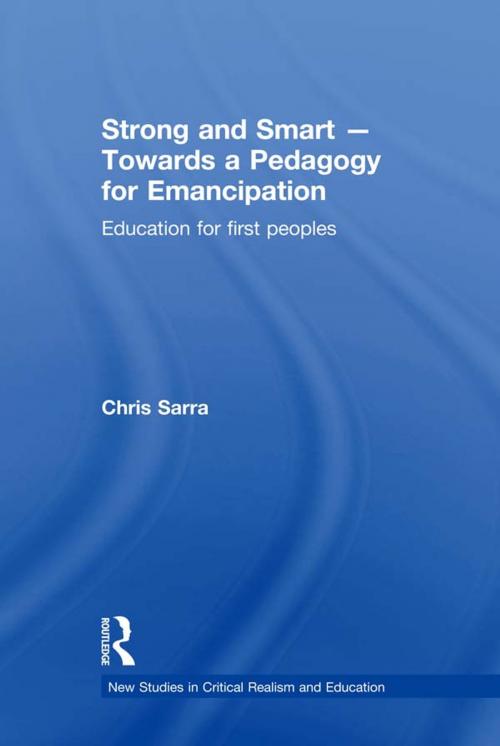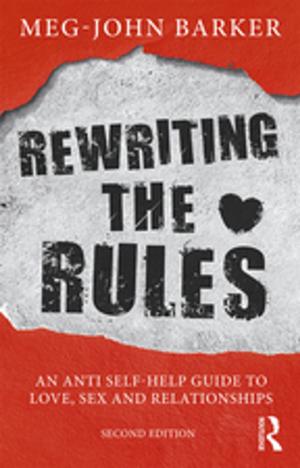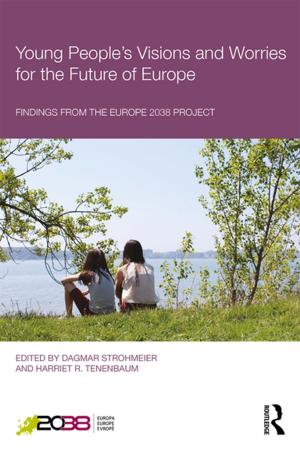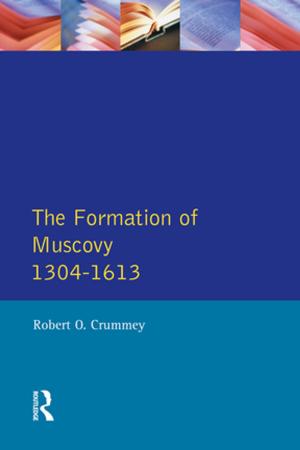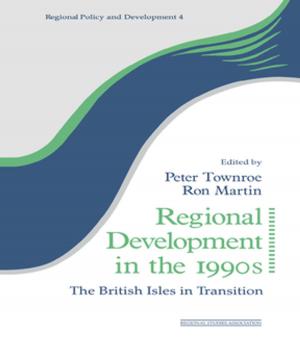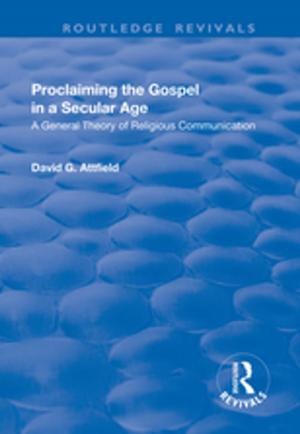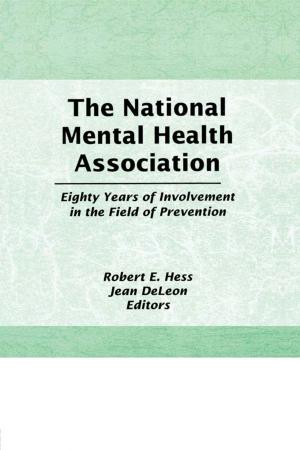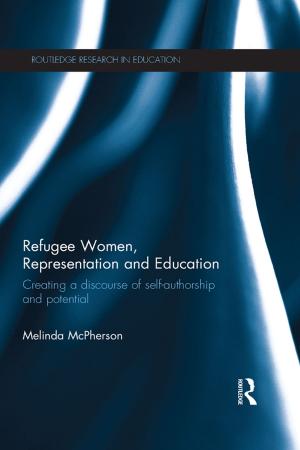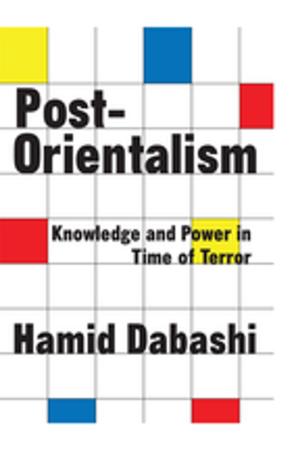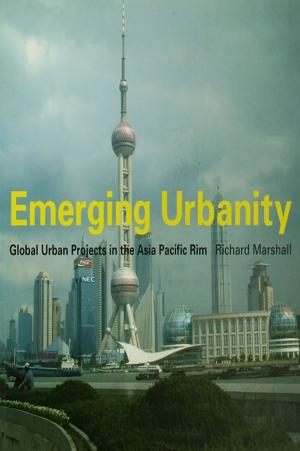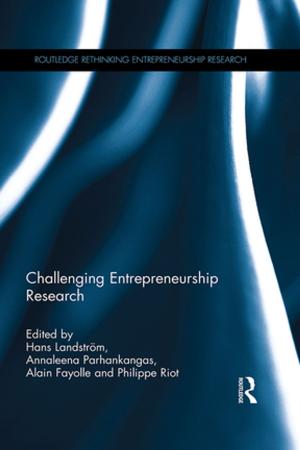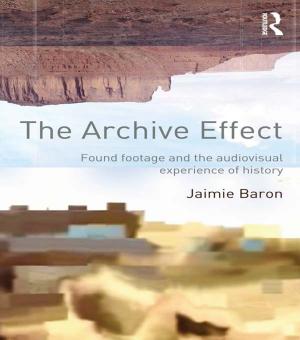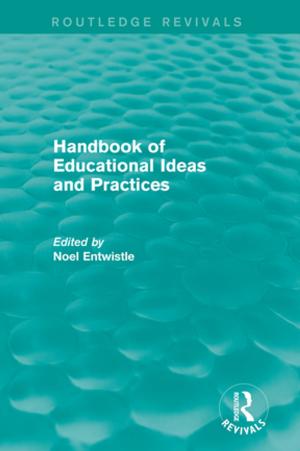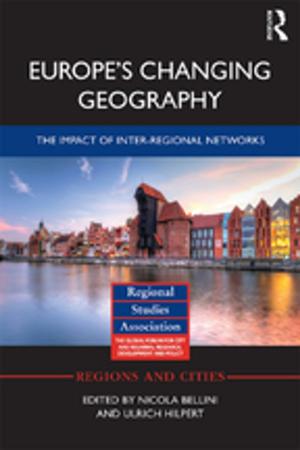Strong and Smart - Towards a Pedagogy for Emancipation
Education for First Peoples
Nonfiction, Social & Cultural Studies, Social Science, Sociology| Author: | Chris Sarra | ISBN: | 9781317579199 |
| Publisher: | Taylor and Francis | Publication: | June 17, 2014 |
| Imprint: | Routledge | Language: | English |
| Author: | Chris Sarra |
| ISBN: | 9781317579199 |
| Publisher: | Taylor and Francis |
| Publication: | June 17, 2014 |
| Imprint: | Routledge |
| Language: | English |
Strong and Smart – Towards a Pedagogy for Emancipation tells the story of how Dr Chris Sarra overcame low expectations for his future to become an educator who has sought to change the tide of low expectations for other Indigenous students. The book draws upon Roy Bhaskar’s theory of Critical Realism to demonstrate how Indigenous people have agency and can take control of their own emancipation. Sarra shows that it is important for Indigenous students to have confidence in their own strength and ability to be as "able" as any other group within society.
The book also compares and contrasts White perceptions of what it is to be Indigenous and Indigenous views of what it is to be an Aboriginal Australian. The book calls for Indigenous Australians to radically transform and not simply reproduce the identity that Mainstream White Australia has sought to foster for them. Here the book explores in what ways Aboriginal and Torres Strait Islander people are "othered" by White Australians. Sarra seeks to advance the novel position that it is OK to be other to White Australia. The question becomes, "which other?" The Indigenous Student should not be treated as the Feared and/or Despised Other, nor should they be coerced into wholly assimilating into White culture.
Strong and Smart – Towards a Pedagogy for Emancipation tells the story of how Dr Chris Sarra overcame low expectations for his future to become an educator who has sought to change the tide of low expectations for other Indigenous students. The book draws upon Roy Bhaskar’s theory of Critical Realism to demonstrate how Indigenous people have agency and can take control of their own emancipation. Sarra shows that it is important for Indigenous students to have confidence in their own strength and ability to be as "able" as any other group within society.
The book also compares and contrasts White perceptions of what it is to be Indigenous and Indigenous views of what it is to be an Aboriginal Australian. The book calls for Indigenous Australians to radically transform and not simply reproduce the identity that Mainstream White Australia has sought to foster for them. Here the book explores in what ways Aboriginal and Torres Strait Islander people are "othered" by White Australians. Sarra seeks to advance the novel position that it is OK to be other to White Australia. The question becomes, "which other?" The Indigenous Student should not be treated as the Feared and/or Despised Other, nor should they be coerced into wholly assimilating into White culture.
